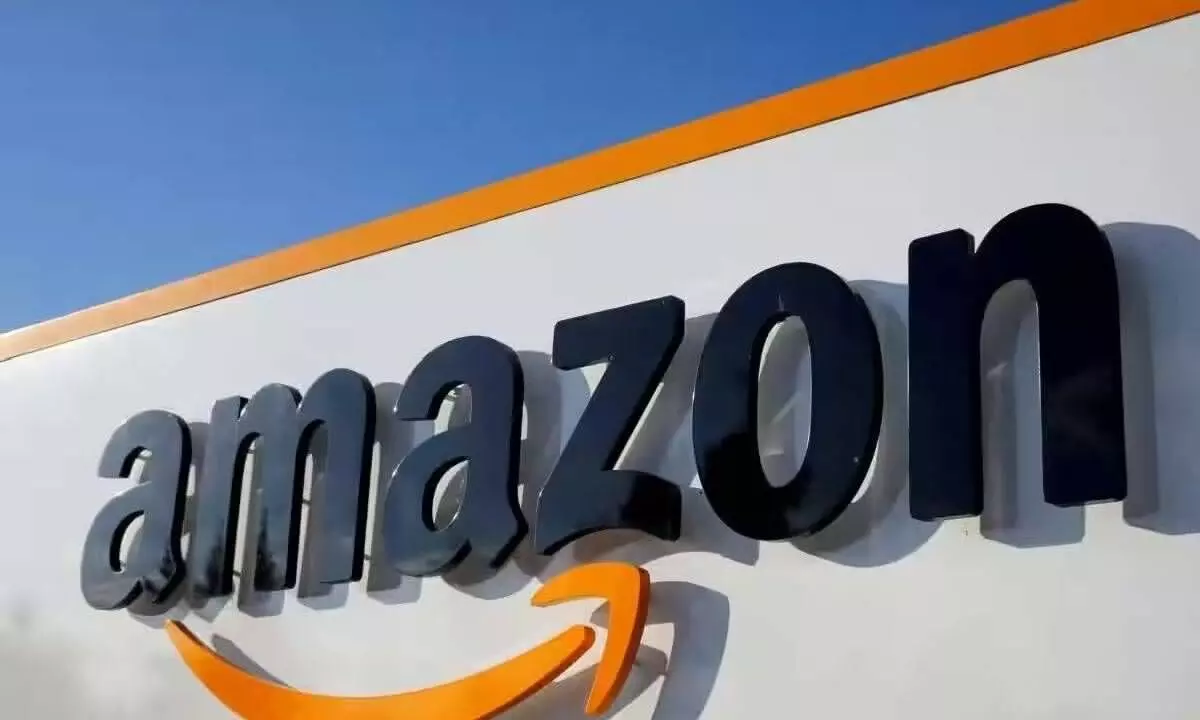Amazon signs 3 launches with Musk’s SpaceX to support ‘Project Kuiper’
Amazon has signed a contract with Elon Musk’s SpaceX for three Falcon 9 launches to support deployment plans for Project Kuiper, its low Earth orbit (LEO) satellite broadband network.
image for illustrative purpose

San Francisco, Dec 2: Amazon has signed a contract with Elon Musk’s SpaceX for three Falcon 9 launches to support deployment plans for Project Kuiper, its low Earth orbit (LEO) satellite broadband network.
The three Falcon 9 missions are targeted to lift off starting in mid-2025.
Kuiper is planning a constellation of 3,236 satellites in low Earth orbit and the US Federal Communications Commission required Amazon to deploy at least half of that figure by 2026.
Project Kuiper satellites were designed from the start to accommodate multiple launch providers and vehicles, allowing us to reduce schedule risk and move faster in our mission to connect unserved and underserved communities around the world.
“Our earlier procurement of 77 heavy-lift rockets from Arianespace, Blue Origin, and United Launch Alliance (ULA) provides enough capacity to launch the majority of our satellite constellation, and the additional launches with SpaceX offer even more capacity to support our deployment schedule,” the company said in a statement late on Friday.
SpaceX’s Falcon 9 is a reusable, two-stage launch vehicle designed for the reliable and safe transport of people and payloads into Earth orbit and beyond, and it has completed more than 270 successful launches to date.
Project Kuiper has contracted three Falcon 9 launches, and these missions are targeted to lift off beginning in mid-2025.
“Project Kuiper recently launched two prototype satellites, and tests from the mission have helped validate our satellite design and network architecture,” said Amazon.
“We are preparing to start satellite manufacturing ahead of a full-scale deployment beginning in the first half of 2024, and we expect to have enough satellites deployed to begin early customer pilots in the second half of 2024,” the company added.

